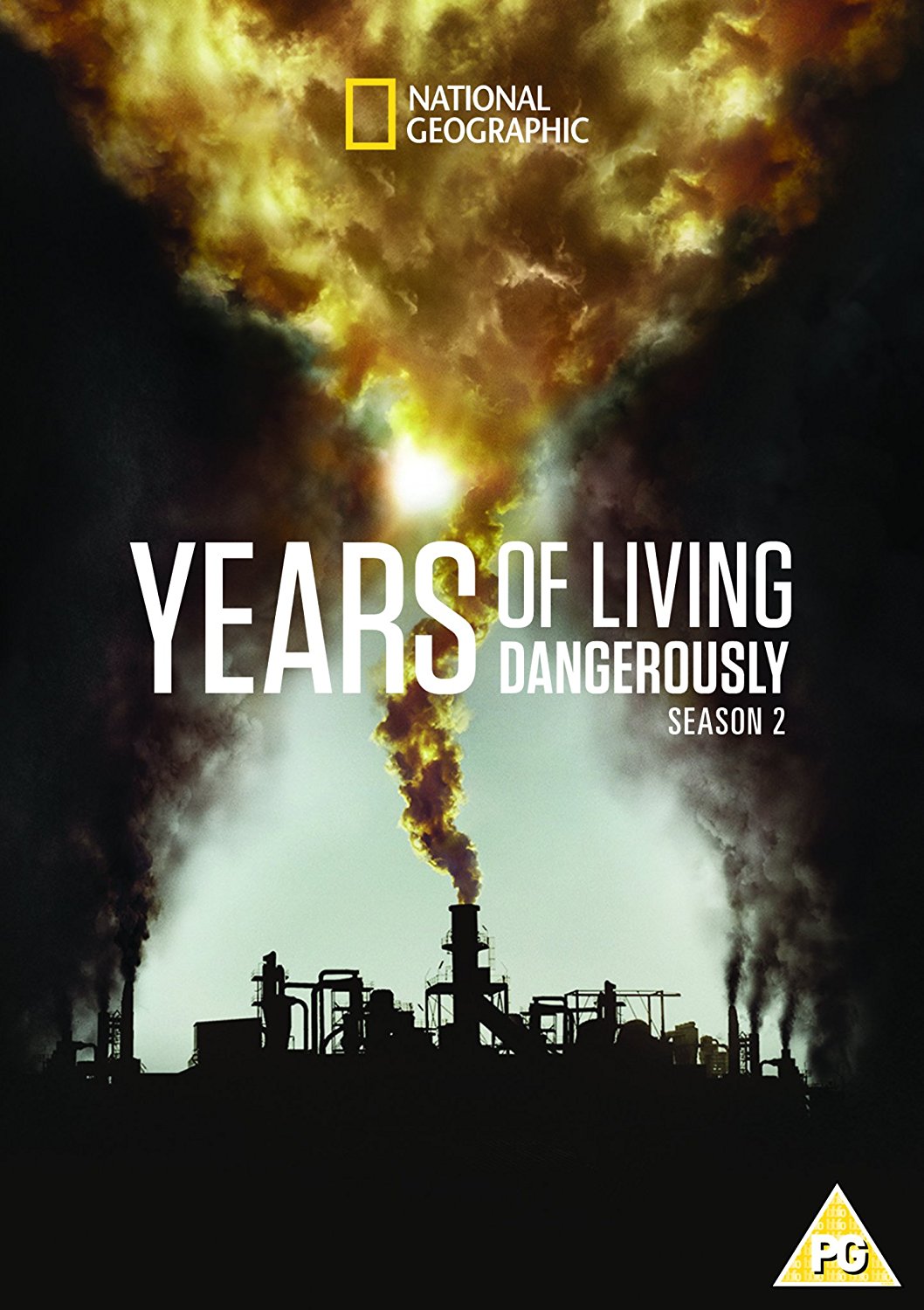Story Consulting During Pre-Production
Why would a filmmaker collaborate with a story consultant in pre-production? Here are four compelling reasons.
CONTAIN THE TERRAIN.
Not too long ago, I critiqued a director’s rough cut which made a sprawling case for global warming–years after Davis Guggenheim and Al Gore did. While An Inconvenient Truth made an timely “one-off” in its day (2006), such a film fifteen years later might seem dated–unless it was conceived as a series that took on the many battlefronts of climate change. (See True North or Years of Living Dangerously.)
So, to extend the military metaphor, it’s better to chronicle a single battle well than survey an entire war. Contain the terrain.
STYLISTIC PALETTE.
Is the documentary concept you have in mind suited to a cinematic medium? For example, if you want to make an historical documentary, but there’s no known archival material, first ask, “Might this make better long-form article than documentary?”
If you’re still set on making a film (and you probably are), these days a story consultant can help in pre-production by brainstorming the signature visuals that will inform your film. From the aesthetics of interview settings, to the style of animation, to the advantages of drone shots, you’ll develop a rich stylistic palette before shooting a frame.
STRUCTURE THE ARC.
In pre-production on a verite film, a director may not know the film’s ending yet. But they should at least know the catalyst event that kicks off the quest, the quest or goal itself, and the likely challenges their protagonist will face.
I’ve helped many filmmakers pinpoint an inciting incident and develop a desired endpoint that would at a minimum show incremental progress toward a qualitative goal. I call this objective marker a micro-manifestation of the quest.
Such a story launch (Act One) and probable challenges (Act Two) will form the scenes–and shot list–you’ll need to cover in the production stage. Structure the arc.
What about a documentary structured around ideas rather than a quest? To shoot efficiently, you’ll want a log line that captures your film’s single central question, or its thesis statement. In addition, a story consultant can help you create a one-sheet promo and a list of 7-10 key takeaway concepts. The one-sheet can help you nail down difficult-to-get interviews, and the key idea list will inform your interview questions going into production.
RESEARCH THE FIELD.
Has another filmmaker already covered the topic you have in mind? If so, what unique angle can you bring? A story consultant can help you brainstorm ideas, from recent developments on the topic to fresh editorial approaches. Learn more here.
Next week, I’ll cover how a story consultant can help filmmakers who are already in production.
